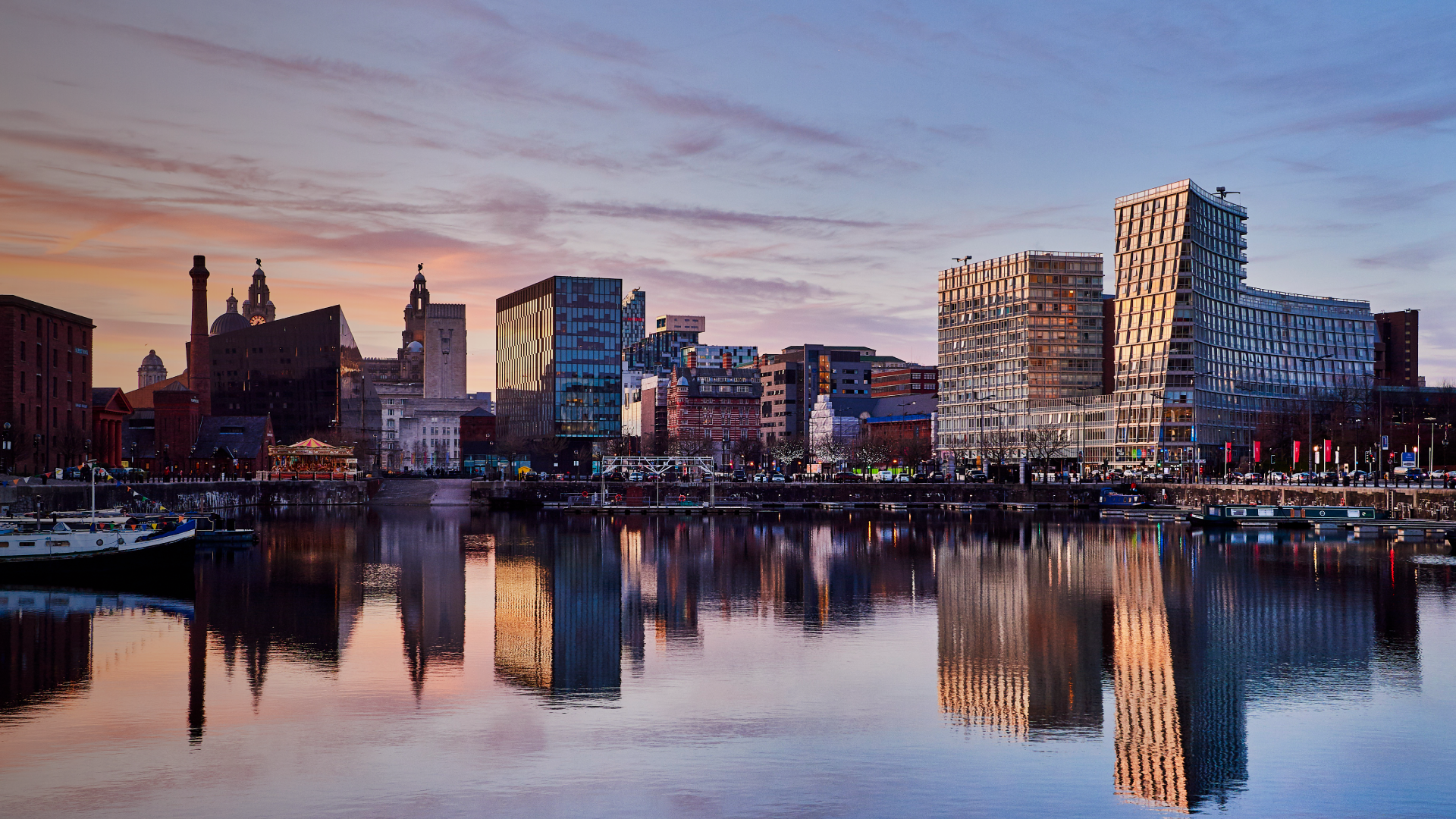Eurovision 2023: How the project is hoping to leave a lasting legacy in host city Liverpool

With 162 million people across 144 countries watching, the Eurovision final on 13 May gave host city Liverpool a platform to shine.
As projects go, hosting Eurovision is expensive, complex and demands a minimum level of existing infrastructure. The price tag is considerable – but like other major events, such as the 2012 Olympics, the payback in terms of tourism, legacy and ‘soft power’ can be considerable.
Project journal caught up with Pip Nolan, Host City Project Manager, to find out how her team coped with this glamorous major project.
Project: How did you get involved with Eurovision?
Pip Nolan: I’ve been at Culture Liverpool for over eight years, with six as Special Projects Officer. When we decided to bid for Eurovision 2023 [after 2022 winner Ukraine was unable to host], I helped pull the bid together alongside colleagues at Liverpool City Council and the arena. After a very intense three months, we were honoured to be awarded host city status – and then the fun really began.
Project: It’s a multi-agency effort. How did that work?
PN: We worked closely with the BBC and the European Broadcasting Union to understand the requirements of the host city and its programme – which involved a handover ceremony in January, and a ‘turquoise carpet’ event and a Eurovision Village in May. Then, in typical Liverpool fashion, we devised a whole larger programme of events around it to make it authentically Liverpudlian.
Project: How did you factor in the wider impact on the city?
PN: We established a project model that focused on different strands, including operations, content, programming, visitor experience, transport, marketing and communications – and legacy. All these workstreams had to work seamlessly, both on their own and as part of one large plan to deliver the best Eurovision – and ensure the project has a lasting legacy across the Liverpool City Region.
Then we worked with Ukrainian artists on our EuroFestival and with local Ukrainian organisations on our community programme. We also developed the Discover Ukraine area within the Eurovision Village, featuring authentic Ukrainian art, fashion, food and culture. It was imperative that the event, and the city, honoured Ukraine.
Project: What’s the biggest challenge of working with so many sponsors and stakeholders?
PN: Probably juggling the sheer amount of work against the tight timeframe, with only six months to deliver a host city programme, which is normally a year-long process. The sheer appetite across Liverpool, the UK and the world for Eurovision was a huge factor. Everyone wanted to be involved, so making sure everyone felt part of the journey – and we were maximising the opportunity of hosting the event – was a huge task.
As Host City Project Manager, the key was strong communication across the team – and that incoming queries were delegated to the right team members. It was important that the governance structure was effective and reporting lines were clear. It made a big difference having weekly catch-up meetings with the chairs of each workstream to quickly tackle any ongoing issues or concerns.
Project: What was Eurovision week itself like?
PN: I was looking after the turquoise carpet event on 7 May, so the first week of Eurovision madness I spent holed up in St George’s Hall and the Walker Art Gallery preparing for the event. Once that was done, I spent the second week closer to the Eurovision Village and was generally there to troubleshoot any last-minute issues that are inevitable on a project of this scale. Being proactive and able to problem-solve quickly is key.
Project: How did the project engage Liverpudlians and what is its legacy?
PN: Our community and education programmes – EuroStreet and EuroLearn – were a big part of our engagement. This was the first time any city has delivered an education programme around Eurovision, but it’s something we always try to do with our major events programme in Liverpool. No matter who you are, where you live in the city or what access you have, you could feel part of the Eurovision joy.
Legacy is huge for us. We’re continuing to work on a programme to ensure the city reaps the benefits for years to come. Soon we should get the first data back as part of our economic, health and wellbeing studies, and I think the results are going to be resoundingly positive – and will help shape our future cultural projects.
I certainly feel I’ve come out of the project with more resilience and tenacity, and I’ve also realised that if you have the right team and the right resources, anything is possible.
You may also be interested in:
- Our blog post from the Commonwealth Games in 2022
- The challenges faced in the Tokyo 2022 Olympic Games and the legacy they left behind
- Charting the Human Genome Project

0 comments
Log in to post a comment, or create an account if you don't have one already.